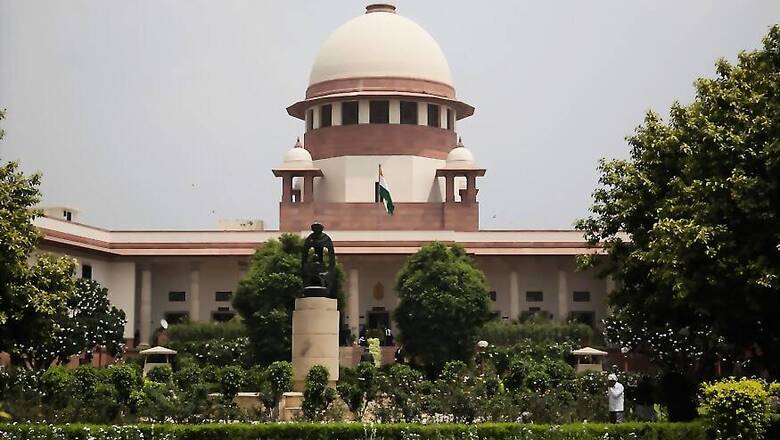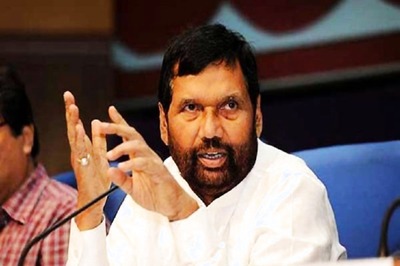
views
New Delhi: The Supreme Court has strongly indicted the manner in which Congress leader K K Mishra was prosecuted and sentenced to two years in jail under criminal defamation charge upon a complaint made by the office of Madhya Pradesh Chief Minister Shivraj Singh Chauhan.
A bench headed by Justice Ranjan Gogoi not only quashed the case but punctured holes in the very foundation of the complaint, maintaining that the state machinery was not to be used for prosecuting Mishra.
It also criticised the state public prosecutor for filing the complaint without applying his mind and simply stating that he is prosecuting the case "on the orders of the state government".
Mishra, chief spokesperson for the Congress party in the state, was prosecuted under the criminal defamation charge after he alleged that certain people were given government jobs from the native place of CM's wife.
Mishra had also claimed there were phone calls made by relatives of CM Chauhan to some Vyapam scam accused.
The CM office, taking umbrage at these statements, sought prosecution of Mishra under legal provisions meant to penalise those defaming constitutional functionaries.
The top court first noted that the special provision in the Criminal Procedure Code was engrafted to empower the government file a defamation case because the alleged act is really an offence committed against the State since the same relate to the discharge of public functions by such functionaries.
"The appointment of persons from the area/place to which the wife of the Hon’ble Chief Minister belongs and the making of phone calls by the relatives of the Hon’ble Chief Minister have no reasonable nexus with the discharge of public duties by or the office of the Hon’ble Chief Minister," held the Court.
The bench said that such statements may be defamatory but then in the absence of a nexus between the act and the discharge of public duties of the office, the government could not have sought Mishra's prosecution.
According to the Court, Chauhan or his wife should have rather filed complaints as private individuals and fought the criminal defamation case before a Magistrate.
About the prosecutor's role, the bench said that he was supposed to apply his mind independently to the facts of the case before prosecuting the complaint but he rather went ahead only because there was a sanction from the state government.
It further noted that the state government granted its sanction to prosecute Mishra on June 24, 2004 and the prosecutor filed the complaint on the same day.
"The haste with which the complaint was filed prima facie indicates that the public prosecutor may not have applied his mind to the materials placed before him," said the bench, holding that complaint was not maintainable at all.
Invoking its extraordinary powers under Article 142 to meet the ends of justice, the top court quashed the entire case against Mishra, notwithstanding his appeal against the conviction remains pending before the High Court.




















Comments
0 comment